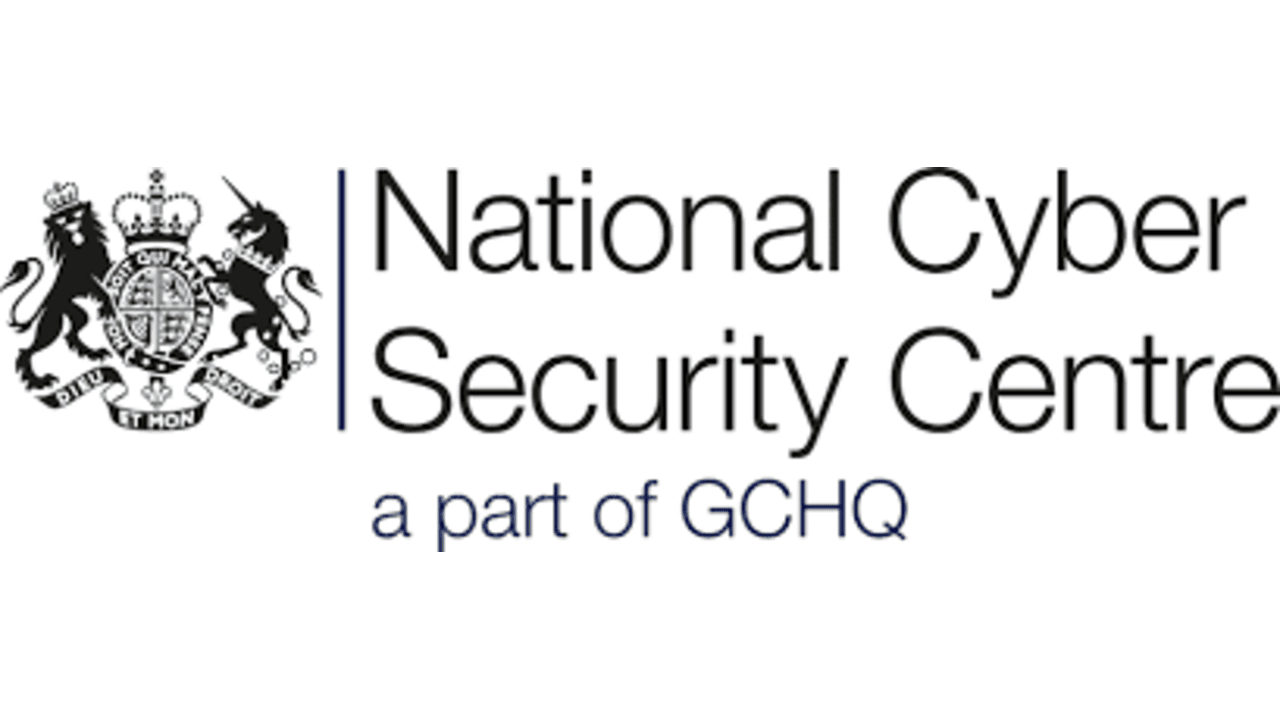CATEGORIES
Education Bulletins UpdatesWelcome to the Spring/Summer 2025 edition of the Cyber Resilience Learning and Skills Bulletin!
A lot has been happening since CyberScotland Week 2025 and some of the highlights are included in this edition of the bulletin, but one of the most exciting of these is the launch of Cyber Resilience and You!
On 9 May 2025, the Minister for Further and Higher Education, Graeme Dey MSP, launched Cyber Resilience and You! a new, free 1-hour cyber resilience learning package for students at Scotland’s colleges and universities. More information is included below, and it would be great if you could help us spread the news about this exciting online training offer.
Of course, it is important that we all continue to build Scotland’s cyber resilience and we are grateful that you continue to support this endeavour reaching into your networks and communities. Below are highlights of current partners’ initiatives.
Schools
CyberFirst Girls Competition
On the 8th March, the Scottish CyberFirst Girls competition winners from Hyndland Academy attended the Girls Competition Region and Devolved Administration Winners Celebration event at Jodrell Bank in Crewe. Congratulations to all involved!


CyberScotland Week
We had a great turnout of learning and skills providers during CSW 2025 with over 100 events taking place across Scotland. Education Scotland delivered a number of sessions ranging from live lessons to professional learning for teachers, reaching 413 educators and 4,080 learners from 183 schools across the country.
Cyber Explorers
On the 21st of March, North Ayrshire Council hosted a Cyber Explorers Conference, which included the launch of two new cyber security comics produced in just a week by young people at local schools.
- Comic 1 is called “Behind the Screen” and was produced by pupils from Ayr Academy, Carrick Academy and Girvan Academy in South Ayrshire
- Comic 2 is called “Behind the screen 2” and was written by pupils from Greenwood Academy in North Ayrshire.
The comics can be found here, on the digilearnscot website. Education Scotland is currently producing learning and teaching resources to support their use in the classroom by English and Literacy teachers, as well as Computing teachers.


National Cyber Security Centre (NCSC) Defender and Advanced courses
During May and June, Education Scotland CyberFirst Associate Teachers will be delivering National Cyber Security Centre (NCSC) Defender and Advanced courses to learners. They will also be providing professional learning to teachers in Glasgow and Stirling to enable those that attend to deliver the NCSC courses in their schools.
For more information on the CyberFirst programme in Scotland visit Education Scotland’s digilearn web site.
Colleges and Universities
Cyber Resilience and You!
The Scottish Government Cyber Resilience Unit has partnered with Scottish colleges and universities to introduce a free cyber resilience learning package for university and college students in Scotland. The module was developed and improved using feedback from students to ensure it covers the cyber security topics that matter most to them. Students from all over Scotland can take advantage of the free cyber resilience training now and learn to dodge the dangers of the digital world! You can find the training here.

Business and other organisations

YoungScot Truth About Youth Survey
The Scottish Government’s National Cyber Resilience Unit partnered with YoungScot to include cyber security questions in their 2024/25 Truth About Youth Survey. You can find the full report here as well as a recording of their annual survey launch event. Some key findings include:
77% of respondents limit the information they share online.
a high level of awareness of different types of cyber crimes, with identify theft and malware noted by 82% and 72% of respondents
13% of young people had been a victim of cyber crime, with malware and computer viruses the most frequently experienced types of cyber crime
young people had low level of concern about cyber crime, with 41% stating they were ‘rarely’ concerned and 23% ‘never’ worrying about being a victim of cyber crime
For more information on the CyberFirst programme in Scotland visit Education Scotland’s digilearn web site.
Scottish Digital Academy
The Scottish Digital Academy (SDA) has launched its first self-directed e-Learning package, Introduction to Scrum.
The short, 30-minute course, which is open to anyone, provides an introduction to the Scrum Framework for those who have no experience or are looking to refresh their knowledge of scrum in the context of the Scotland’s public sector. The course is still in Beta at the moment, but the SDA would be grateful for any feedback.
The SDA also plans to run online drop-in sessions to support the e-Learning course where experienced coaches will be available to answer questions about the course content. These will be publicised on the SDA website.


The Scottish Government’s Digital Directorate – developing the cyber workforce
The Digital Directorate has been running a student placement programme since 2021 and this year will be placing 12 students studying Digital, Data and Technology profession (DDaT) subjects, into teams across the Directorate for 10 weeks over the summer period.
There will be one cyber-related placement on offer in the National Cyber Security and Resilience Division, which is responsible for protecting the confidentiality, integrity and availability of Scottish Government information systems and data.
The 2024 student described their experience:
“During my time at Scottish Government, I worked as ‘Cyber Security Support’ within the Cyber Security Unit. A major aspect of my placement revolved around conducting Cloud Tools Evaluation Framework assessments and maintaining and creating risk registers for tools used across SG. This required me to analyse privacy, legal, and policy aspects to ensure that the cloud tools we utilise have appropriate security controls in place.
“This analysis then plays a crucial role in informing the types of information that can be handled within these cloud services, ensuring compliance with established protocols. I also contributed to the development of secure software guidelines, providing input on selecting appropriate software packages and assisting in drafting scopes for penetration tests conducted throughout the summer.”
We look forward to welcoming the 2025 cyber student and hearing about their placement experiences in our next bulletin.
ScotlandIS
ScotlandIS has just released its annual tech survey – which of course includes skills data.
You can access the survey and the associated press release here:
https://www.scotlandis.com/insights/scotlandis-technology-industry-survey/
https://www.scotlandis.com/blog/optimism-remains-high-for-scottish-tech-sector-despite-challenges/


Cyber and Fraud Centre
Free cyber resilience training for every workplace
Scottish Union Learning and Digital Skills Education have refreshed their popular Cyber Aware Workers Toolkit. The toolkit offers a mix of interactive courses, tutorials and how-to videos that help workers improve their cyber resilience both at work and at home.
A “Safe For Work” video for your next coffee break
Join Kirstie, Daniel, and Craig as they share easy-to-follow advice on protecting yourself from cyber threats, both at work and home. Click here to watch.
YouthLink Scotland
New cyber content
YouthLink Scotland has released new content on digitalyouthwork.scot, aimed at helping support youth workers around cyber resilience themes including:
- Building in Cyber Resilience
- Using Digital Tools to Stay Safe online
- Youth Workers have a crucial role in Supporting Young People
- Empowering young people to have a healthier relationship with their mobile phone
Helping prevent gaming and gambling harms
YouthLink’s next event with a cyber resilience theme is offered in partnership with Ygam and will provide a fully funded workshop for professionals who work with children or young people. To find out more or to sign up, click here.

Remember, to report an email phishing attempt forward your email to the National Cyber Security Centre: report@phishing.gov.uk
If you are a victim of cyber crime, please report it to Police Scotland by calling 101.

